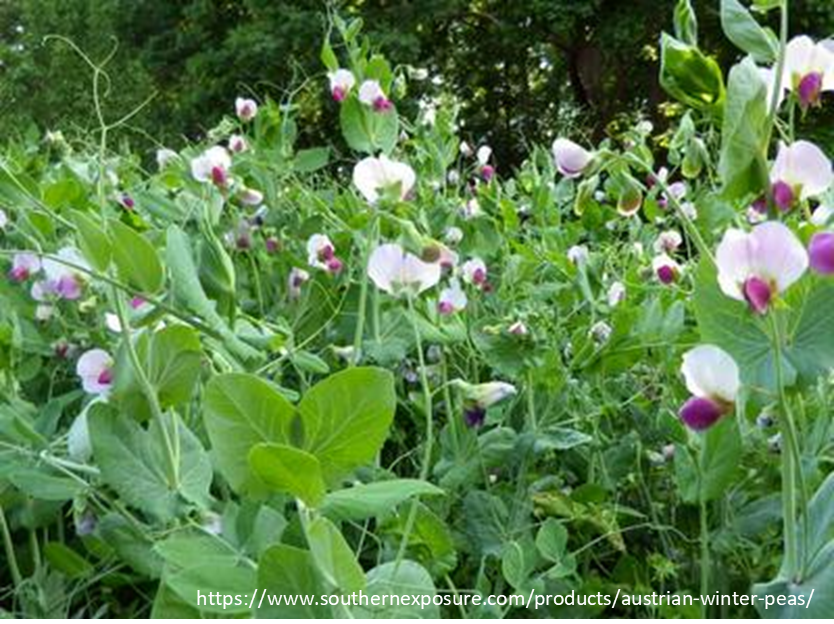While many farmers have logged long hours on the combine this fall, some are also starting to roll out their seed carts. Winter wheat & winter peas are two examples of winter crops that are becoming more popular for producers since they are quite profitable. Improvements in seed genetics and agronomic practices have led to higher yields, but are inoculants and biologicals an option as well? Can growth-promoting bacteria remain viable and survive the winter?
Soil bacteria live and move through the water film found around soil particles (1). As winter and colder temperatures arrive, the soil and water surrounding the soil particles will begin to freeze. However, the water in the soil will gradually freeze, not all at once. When temperatures get cold enough and water in the soil begins to freeze, the salts dissolved in the water move from the frozen water into the remaining liquid water and give it a higher salt content (2). This lowers the freezing point of the water and means it requires a colder temperature to freeze. Thus, the water remains as a liquid and provides the bacteria an environment in which to live.
Even during the winter, the soil bacteria are active, though their level of activity will slow down as the temperatures drop (3). Similar to how water can develop a lower freezing point using salt, the bacteria can produce antifreeze compounds that help them survive a colder environment. One study has shown that bacteria can be active at temperatures as low as -39°C (4). Obviously, not all bacteria will survive. Some bacteria can tolerate more cold stress than others, and some may even produce spores to protect themselves from the cold weather.
Just as inoculants and biologicals enhance crop yields during the summer, they could for your winter crops as well. XiteBio® PulseRhizo® inoculant for winter peas and XiteBio® Yield+ biological for winter cereals are two examples of plant growth promoting rhizobacteria (PGPR) that could help your winter crop performance.
References
1) https://ohioline.osu.edu/factsheet/anr-36
2) https://www.sciencedirect.com/science/article/abs/pii/S0016706108003212?via%3Dihub
3) https://academic.oup.com/femsec/article/30/2/101/608571
4) https://www.sciencedirect.com/science/article/abs/pii/S0038071705002890


